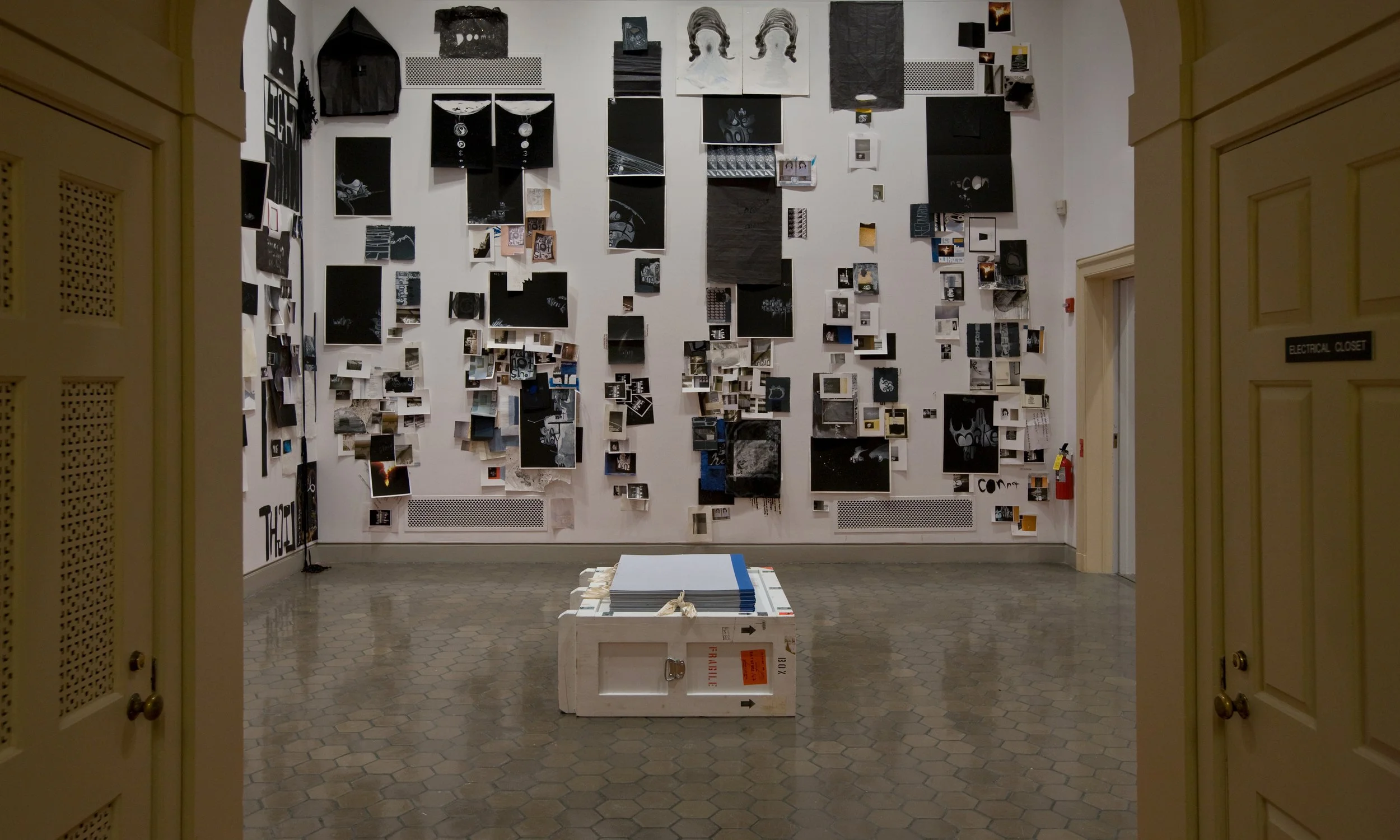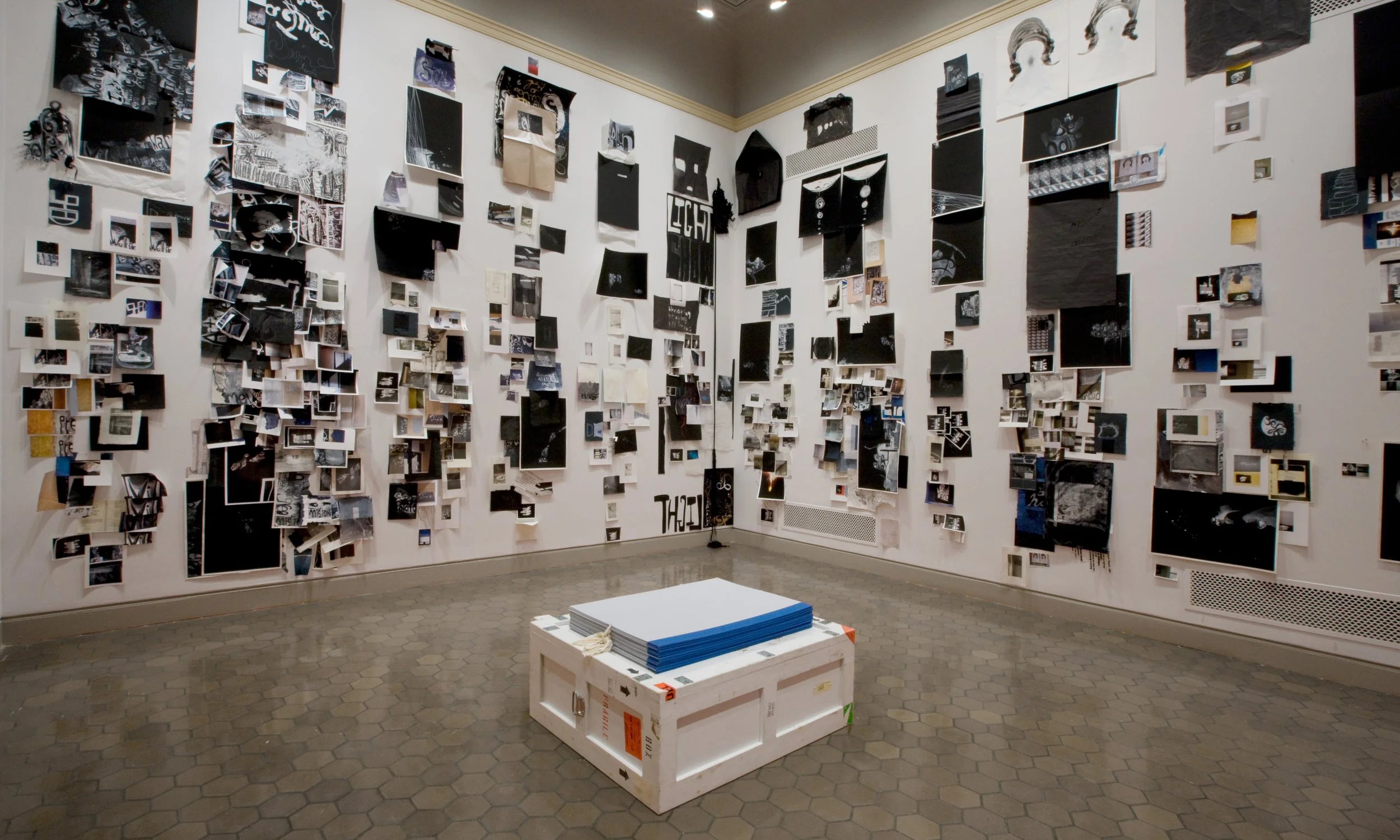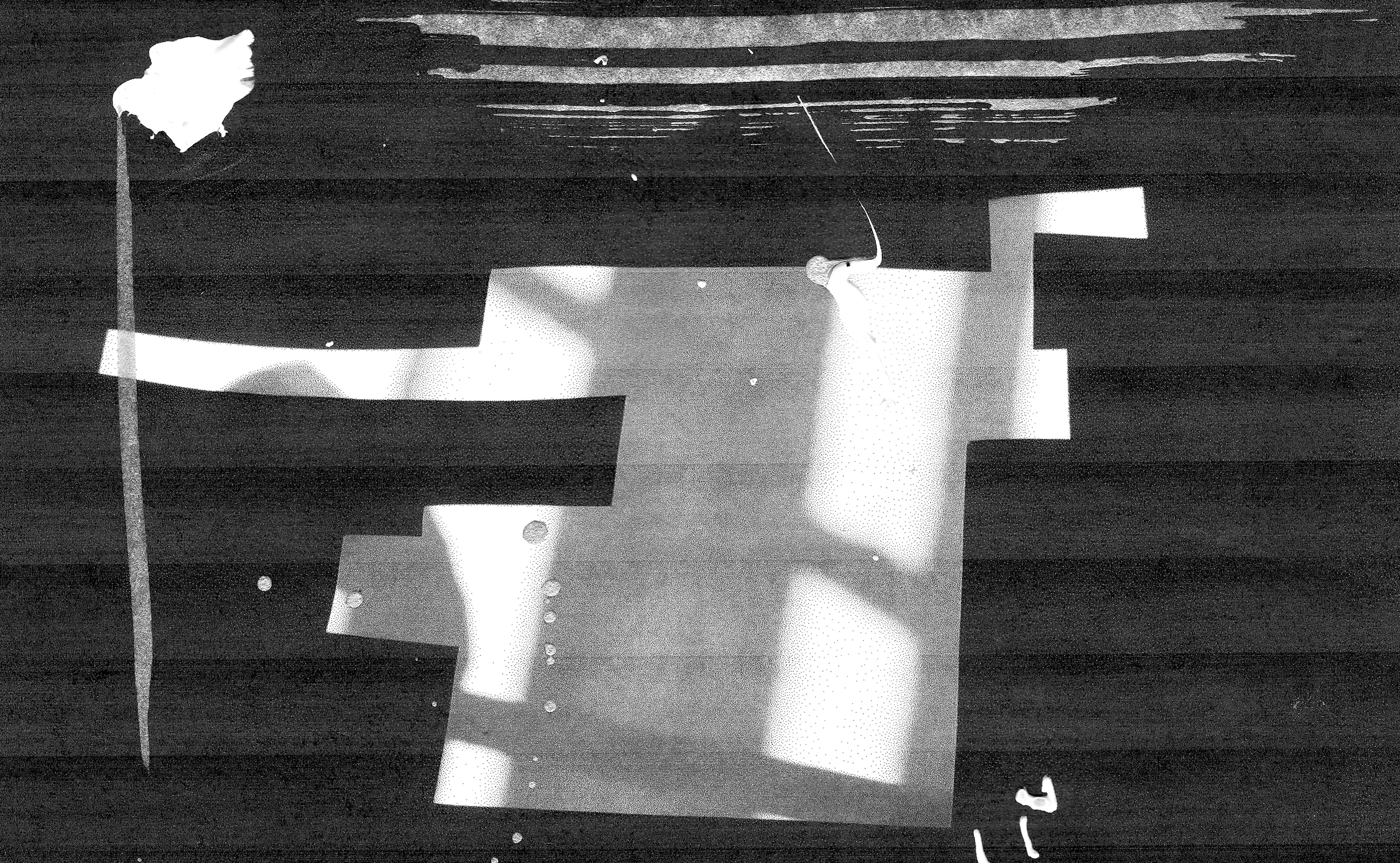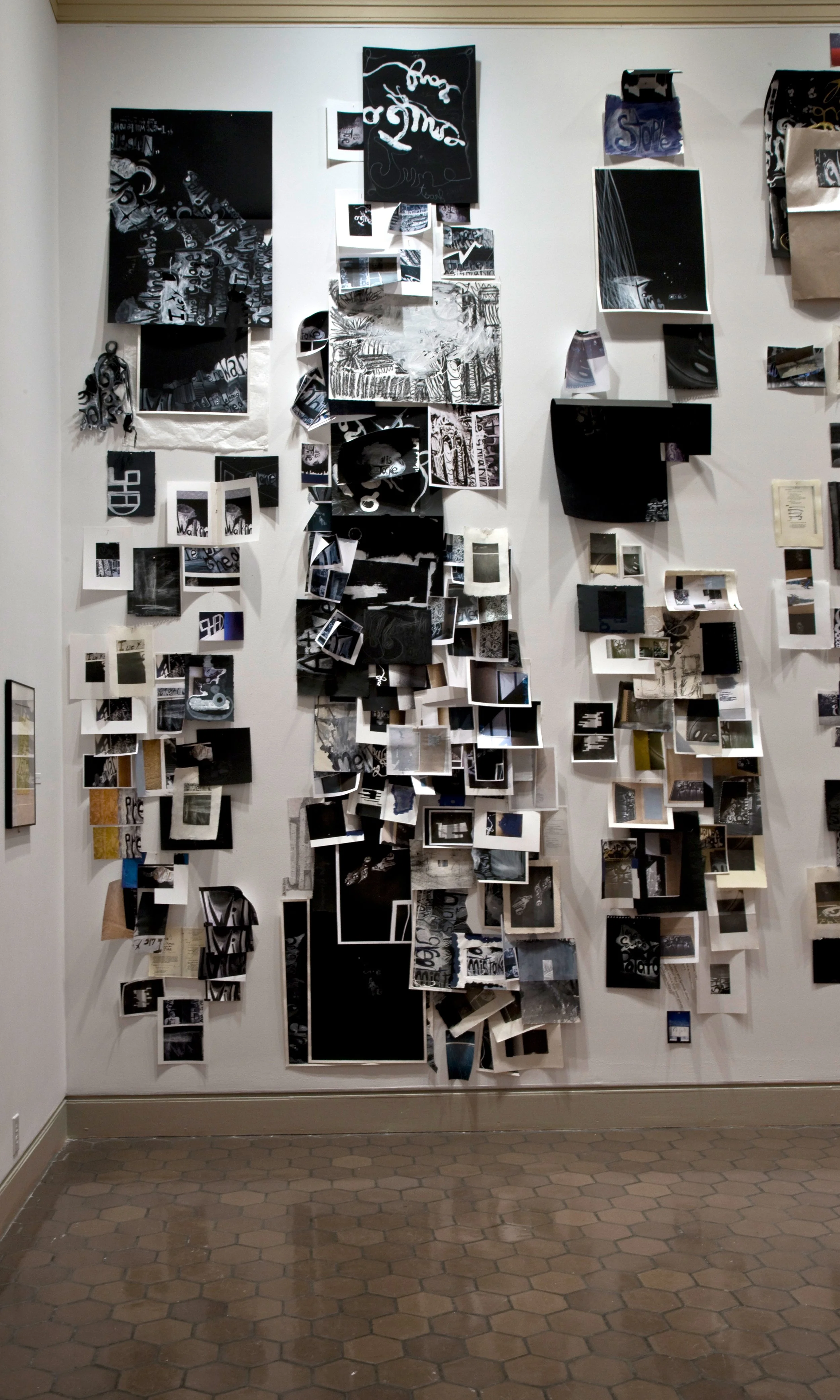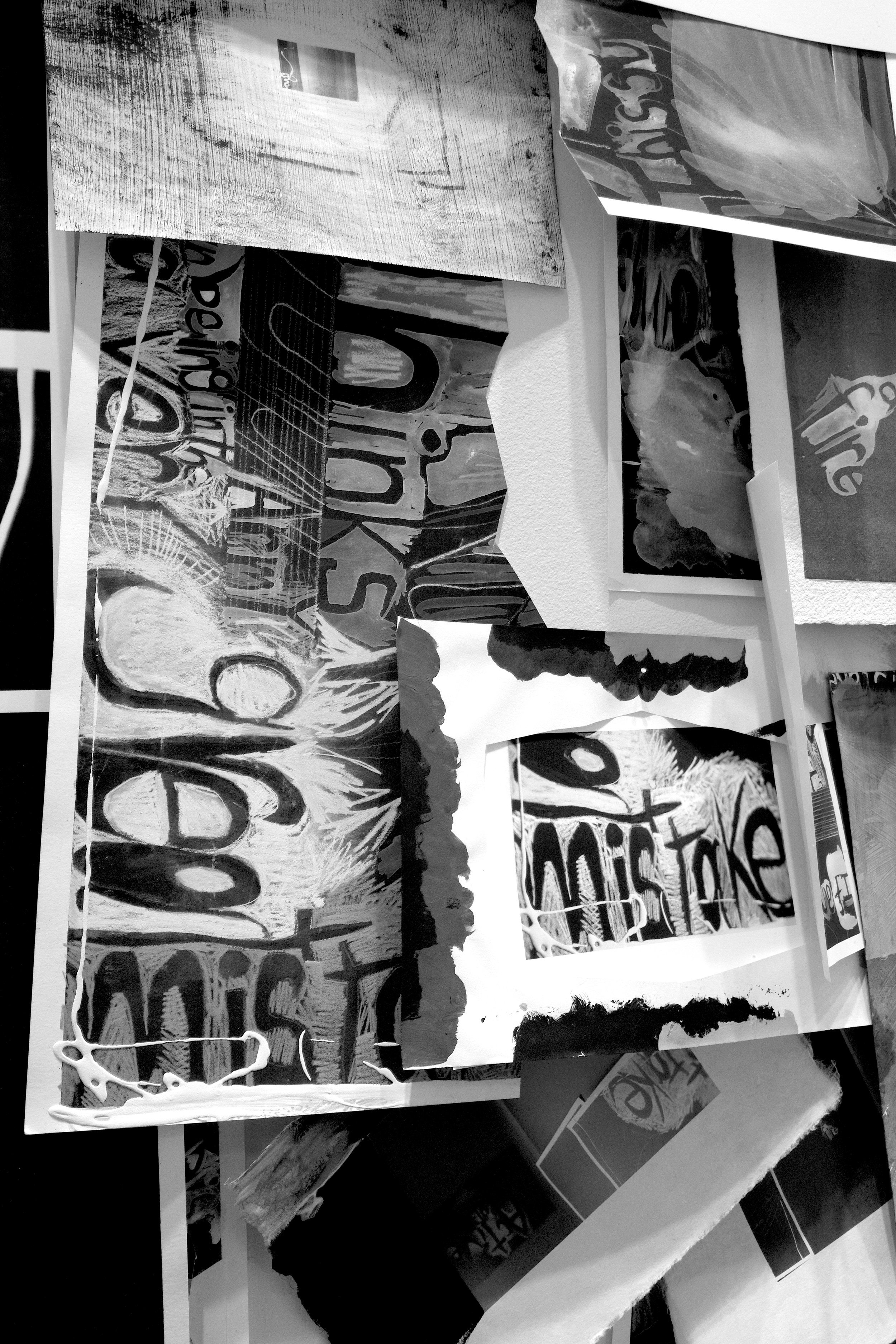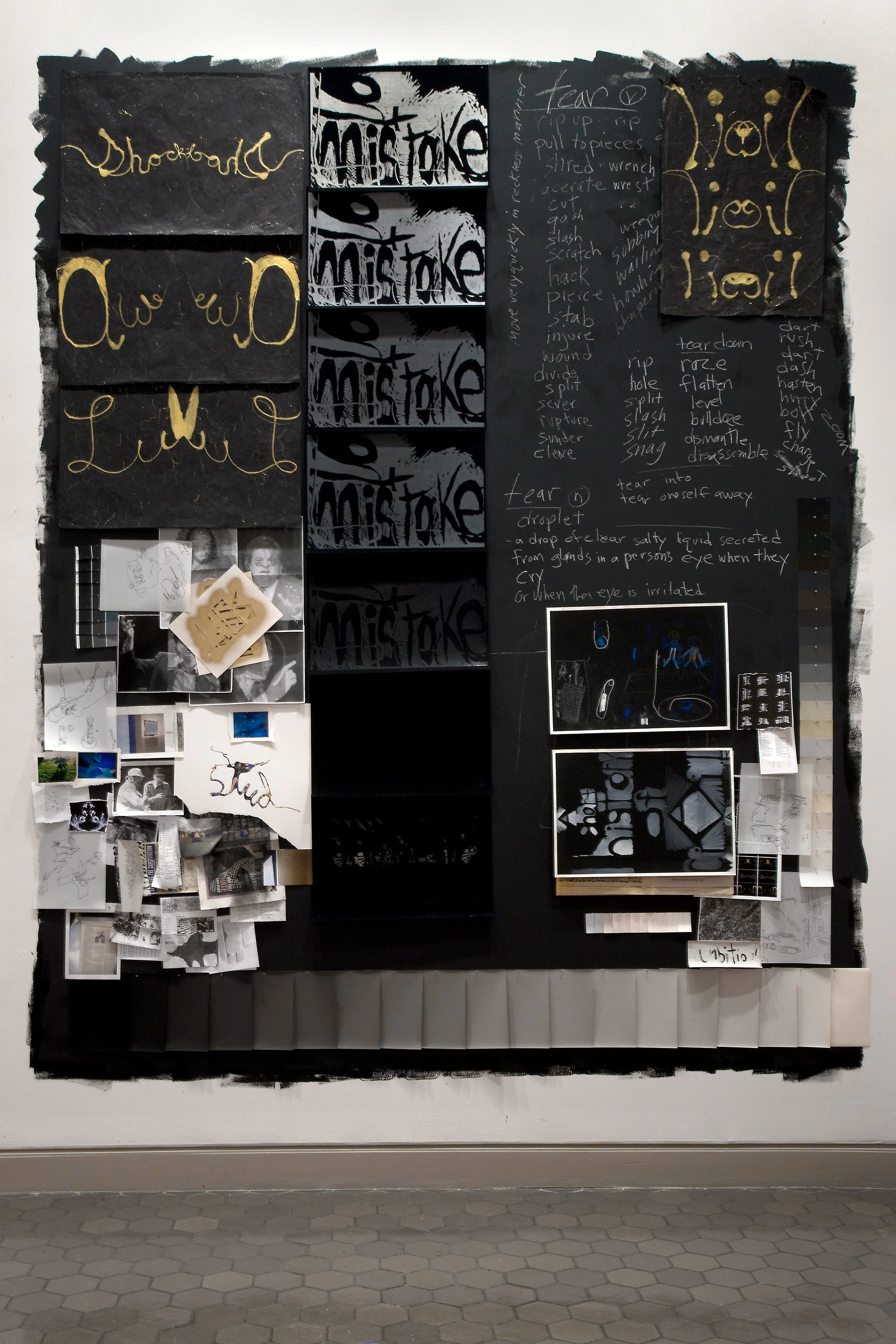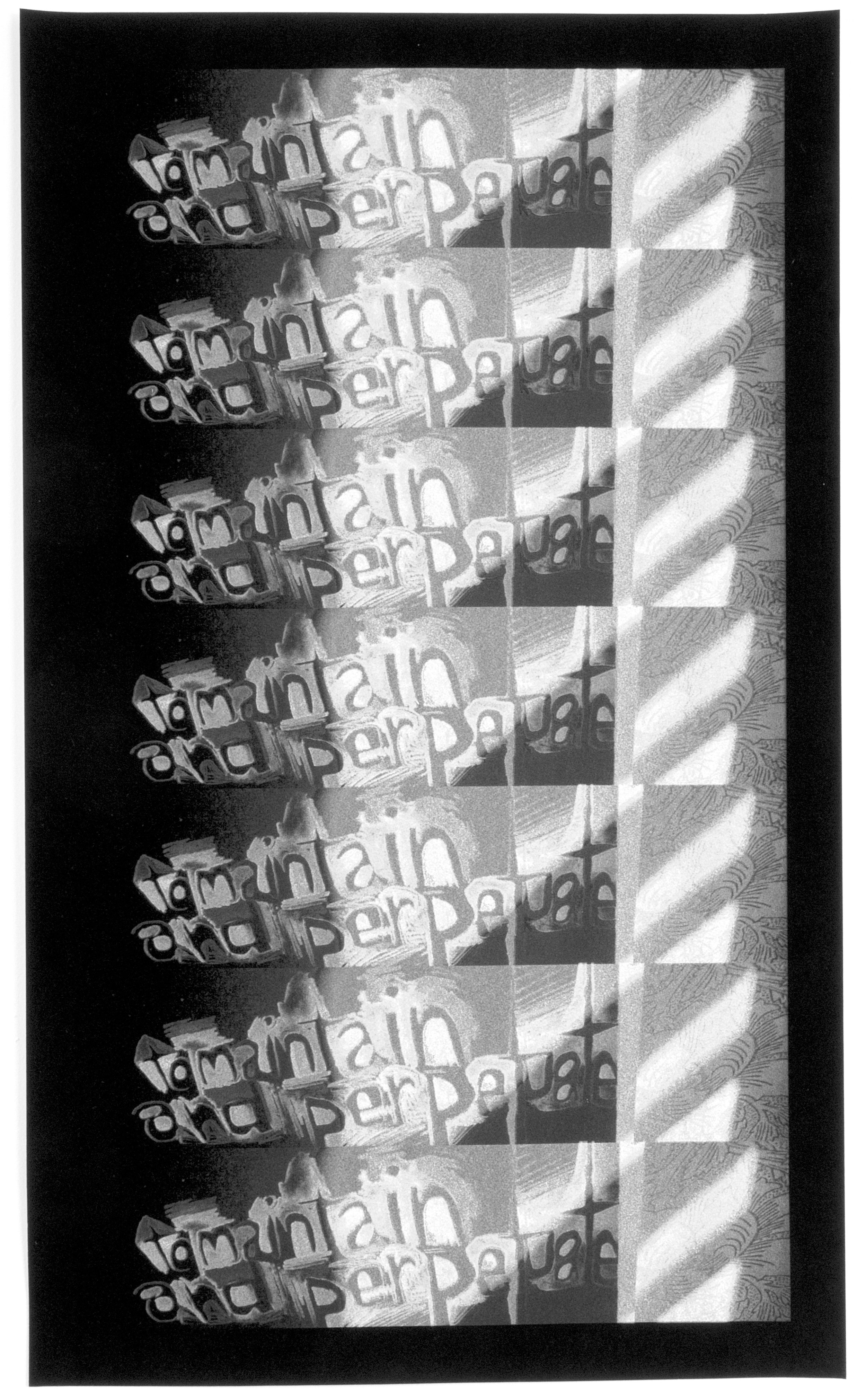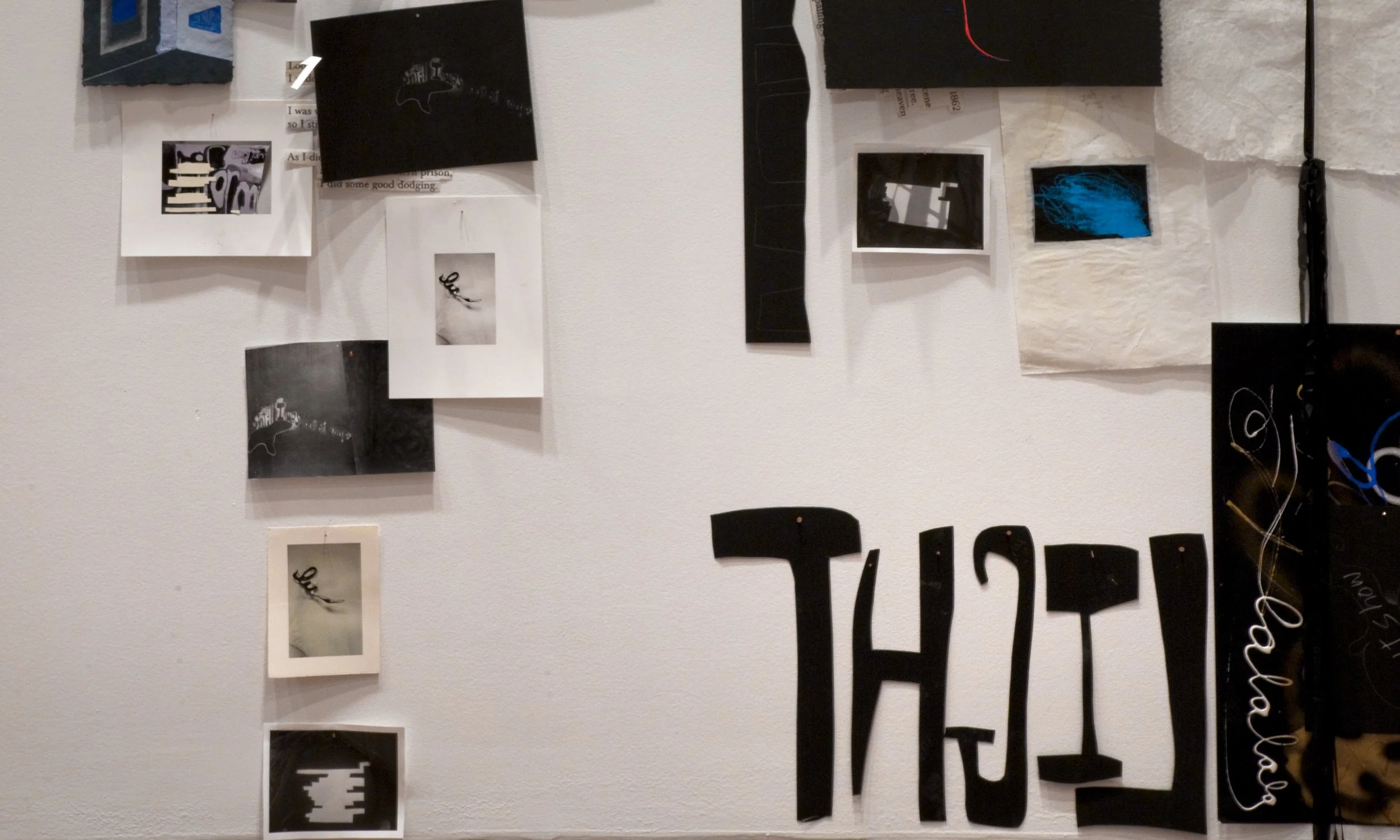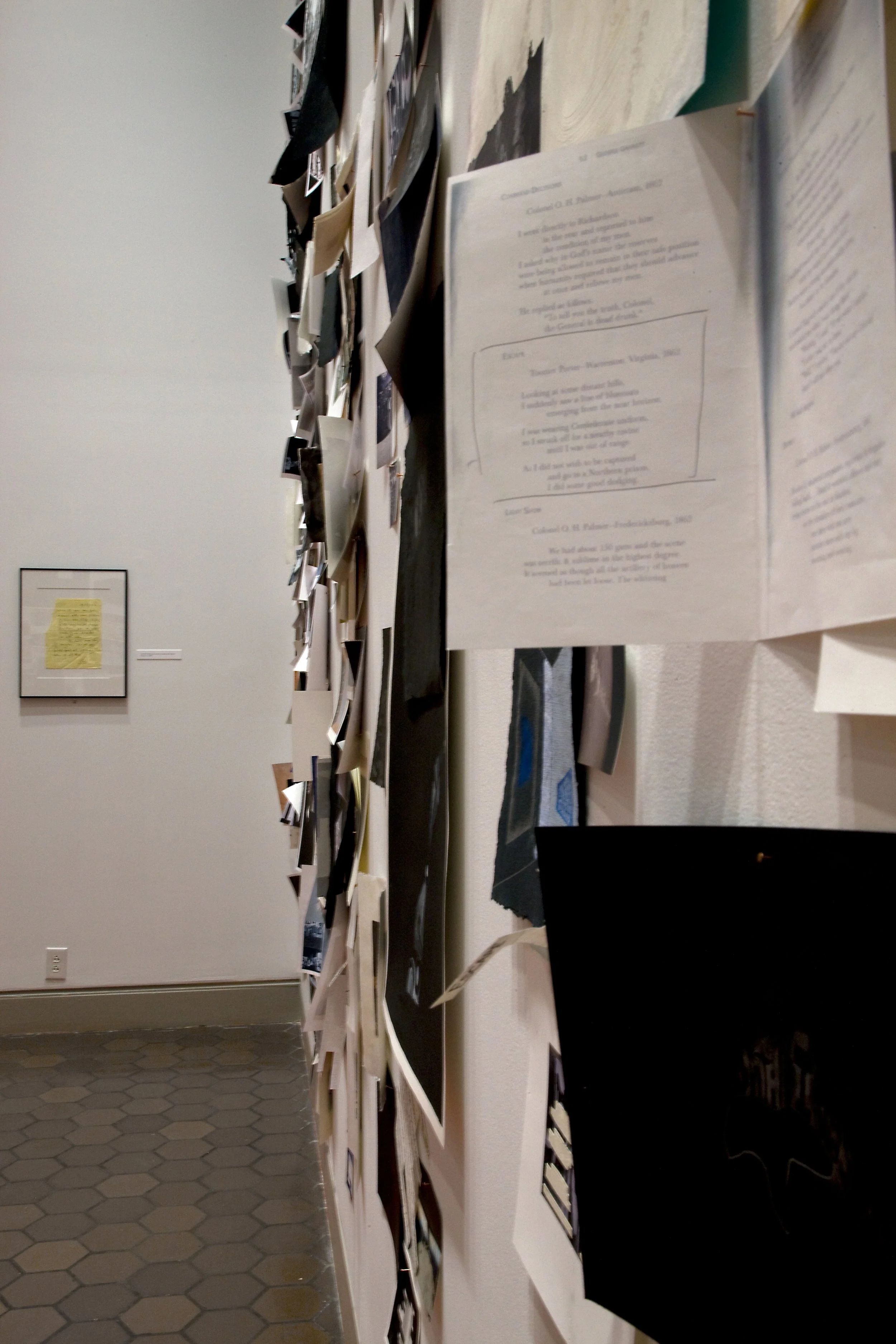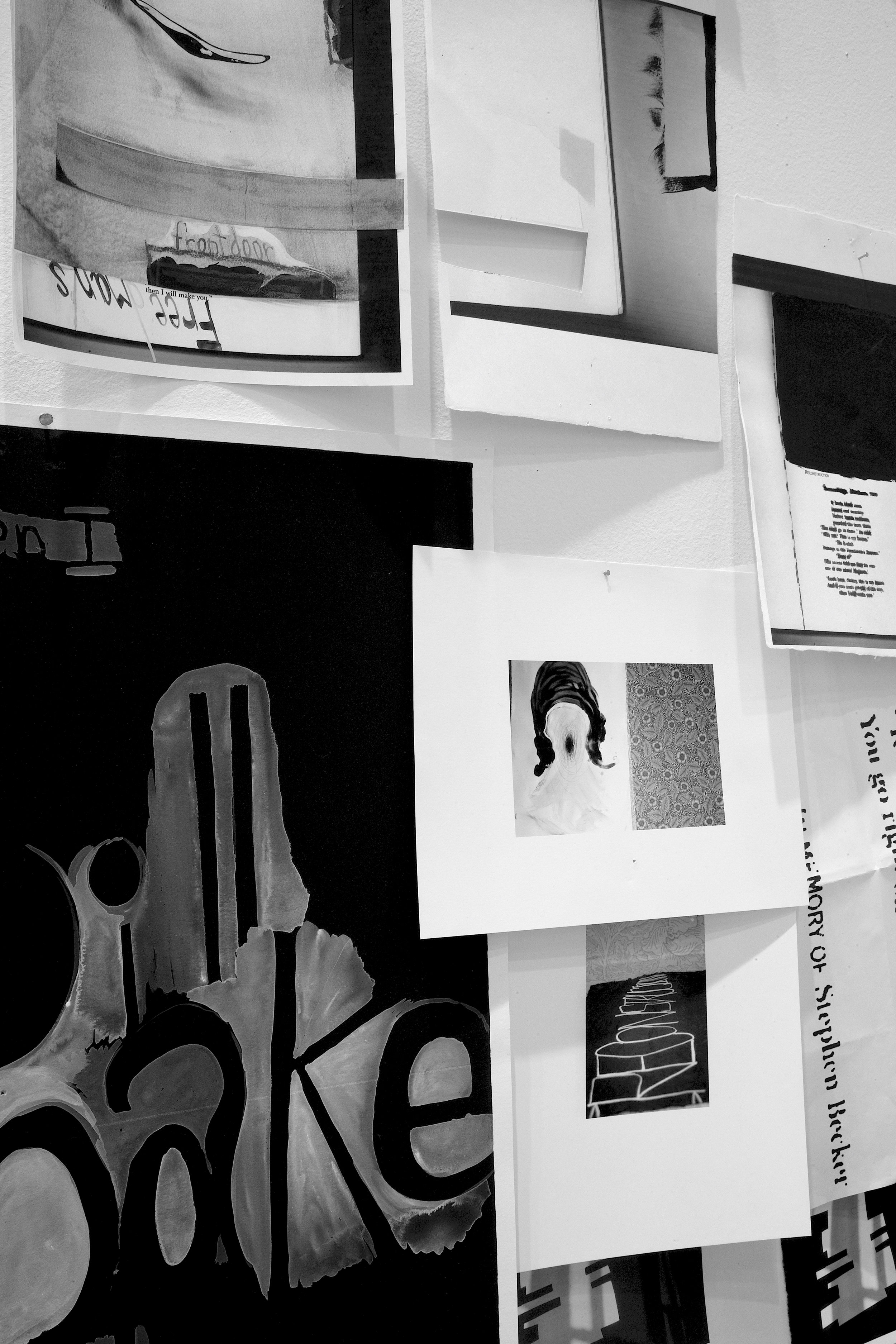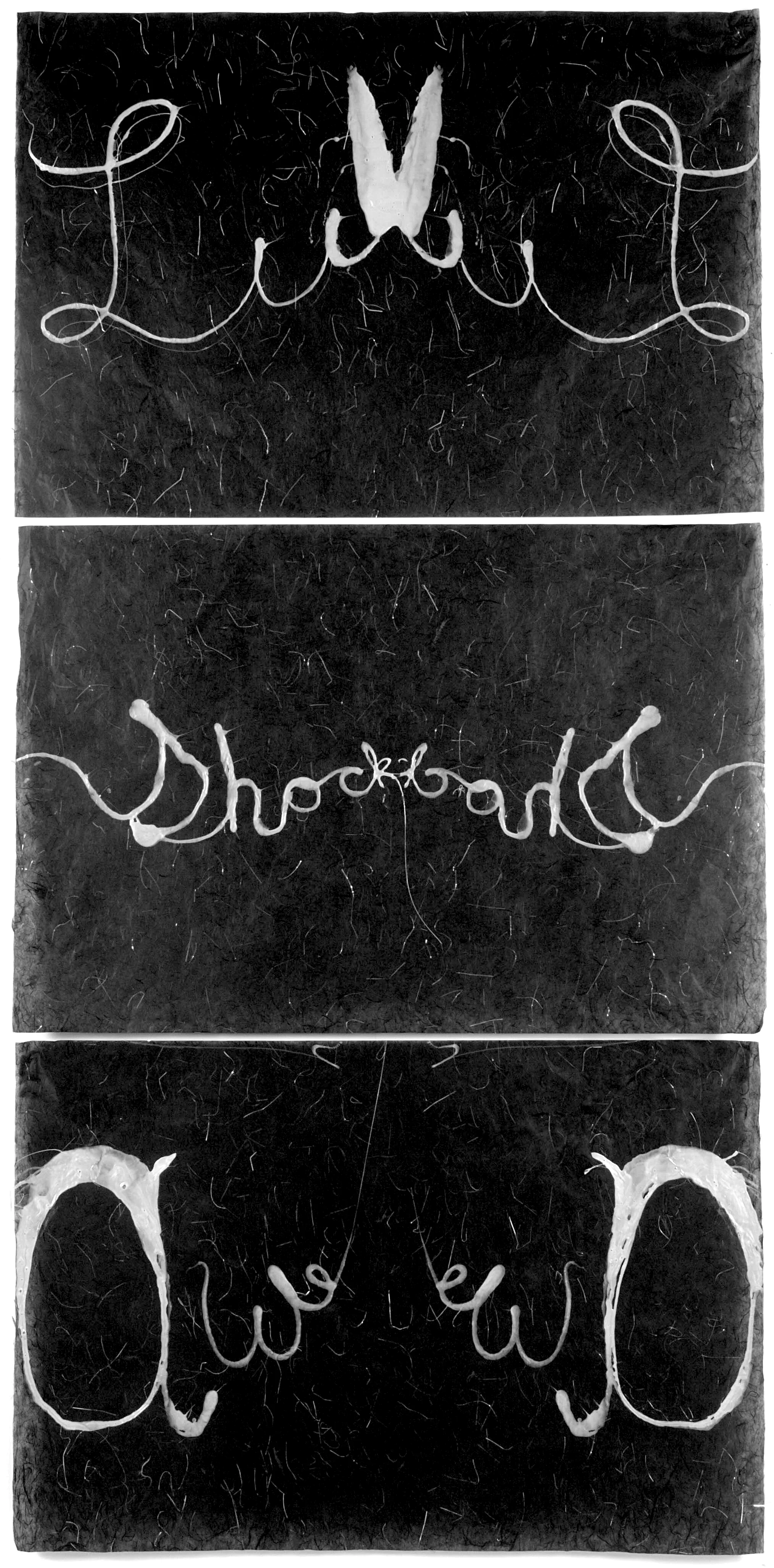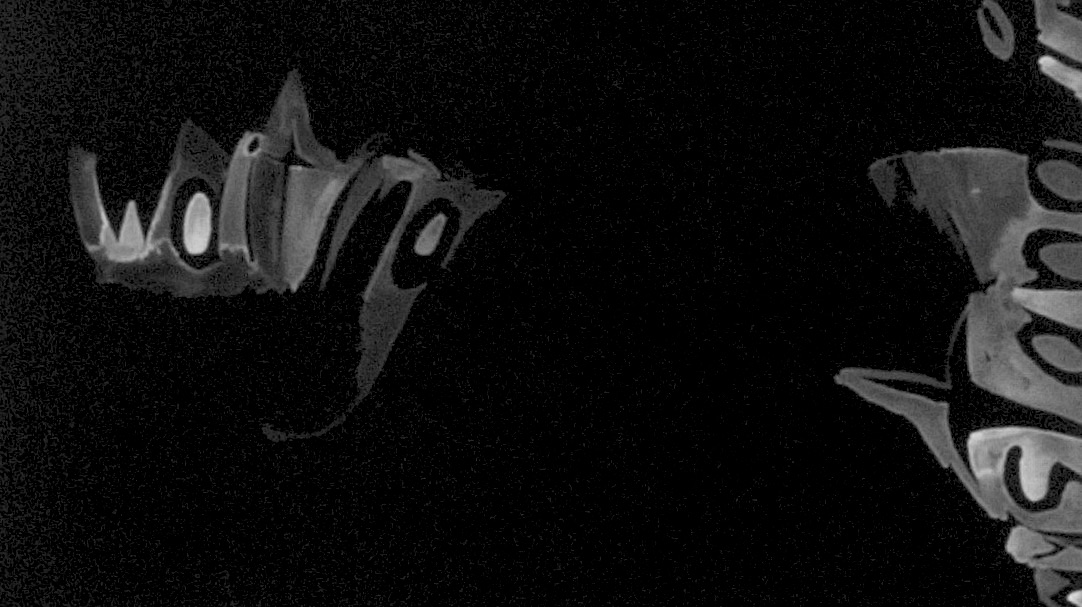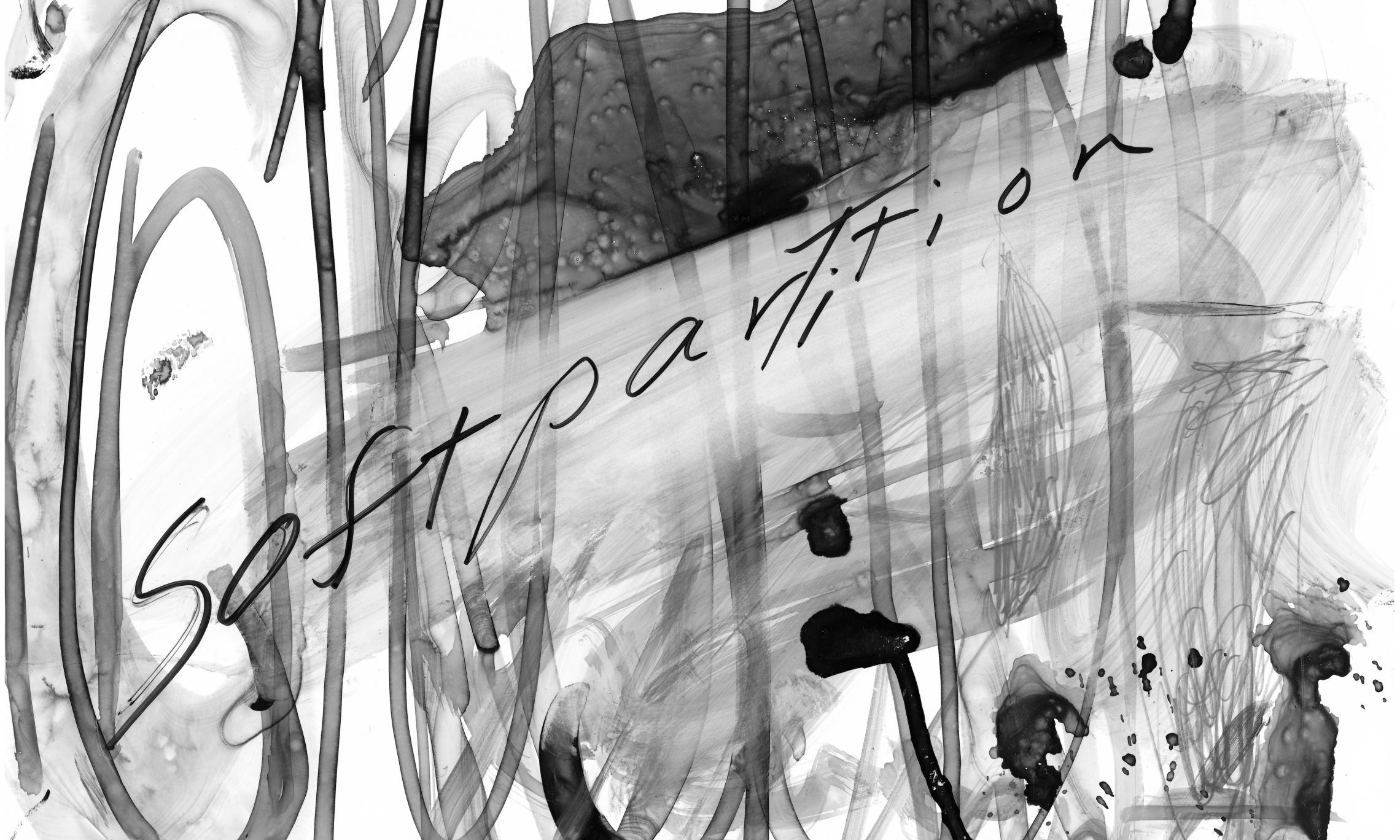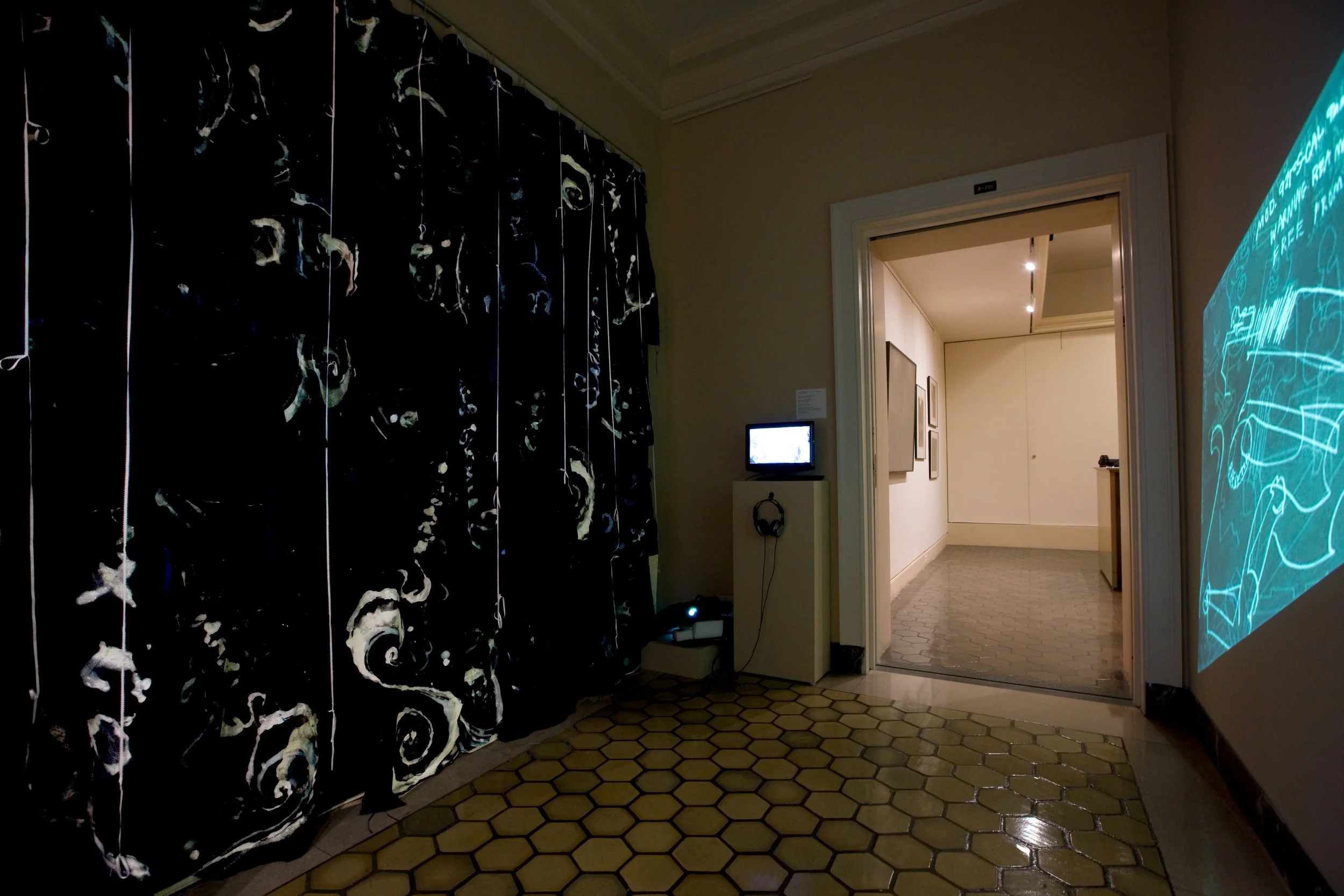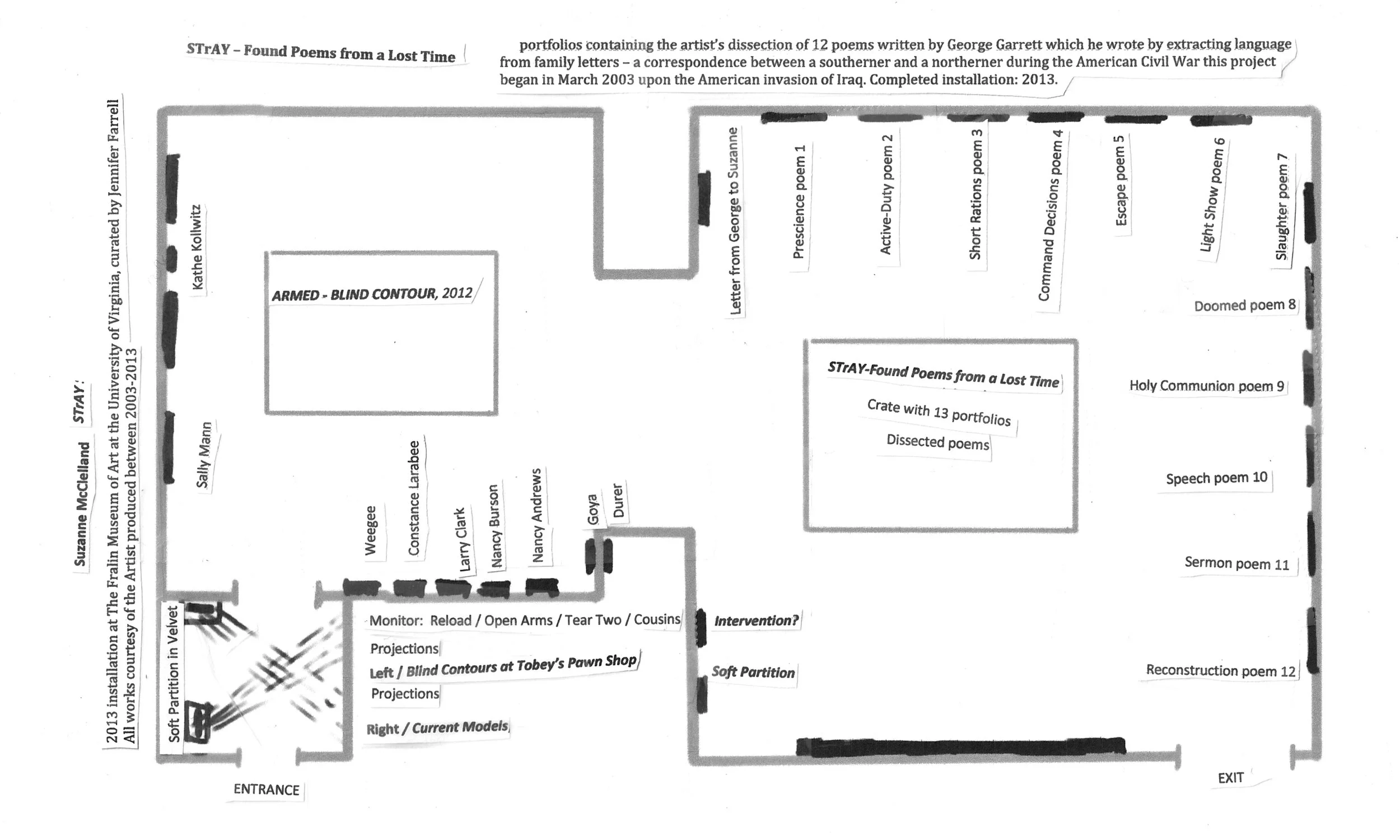STrAY - Found Poems from a Lost Time
January 25th - May 26th, 2013
Solo Show, Curated by Jennifer Farrell
The Fralin Museum of Art at the University of Virginia.
Handmade paper, pigmented paper pulp, photographs, drawing, and video
‘ "Language," the artist Mel Bochner famously noted in a 1970 work, "is not transparent."
Throughout his career, Bochner has addressed the ways in which information and, by extension, knowledge, is fundamentally dependent on language, despite its opacity and the ways in which it conveys, and is structured by, inherent subjectivities and prejudices. Language has also been a career-long concern for Suzanne McClelland and something she has engaged in painting, print, drawing, and video in ways that make reference to, but also deviate from, the work and praxis of conceptual artists such as Bochner? Whereas Bochner questions the authoritative nature of language by using words and statements either derived from, or that mimic, sources such as philosophical treatises and thesauruses, McClelland has focused on the various forms of language-whether written or spoken, official or unofficial, anonymous or credited, refined in literature or casual in personal notes-and how each functions or, perhaps more accurately, fails to function as a method of communication. Such a concern is central to STrAY: Found Poems from a Lost Time (2007 - present) in particular. In this project, which she refers to as "a travelling unbound book," McClelland examines the nuances of words and the multiple meanings and connotations they may possess; the slippages that occur when they are transferred from one context, form, or era to another; and the resultant possibility for altered meanings and misunderstandings.
[….]
Although letters written during the American Civil War are the source material for Garrett's
poems and, by extension, McClelland's project, both Garrett and McClelland viewed the original texts as a point of departure. Each believed that the material could be "lifted" and used in the context of their own work in order to reflect their experiences and perceptions rather than functioning as a straightforward account of the Civil War. It is perhaps no coincidence that Garrett wrote the poems after September 11th, the beginning of military operations in Afghanistan and Iraq, and the genocide in the former Yugoslavia.? Perhaps even more than Garrett's poems, McClelland's STrAY addresses conflict broadly defined, encompassing wars and armed fighting between nation-states and within nations, as well as internal tensions that simmer within groups, societies, families, and even oneself. STrAY also reflects the impact of imagery from, and reports of, military engagements and domestic strife that she initially encountered during the time of the Vietnam War (described as the first "living-room war") and which have only intensified due to the twenty-four-hour news cycle, blogs, and other such forums with their near-constant stream of information. The corresponding "cuts" in regards to what is included and what is omitted from each report, broadcast, account, history, or letter as well as questions as to who is speaking, are all reflected in STrAY. ‘
Extract from ‘Thoughts on STraY, Found Poems from a Lost Time’ by Jennifer Farrell

